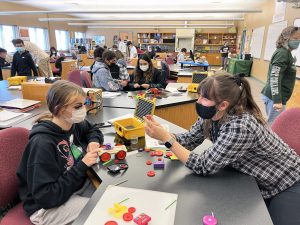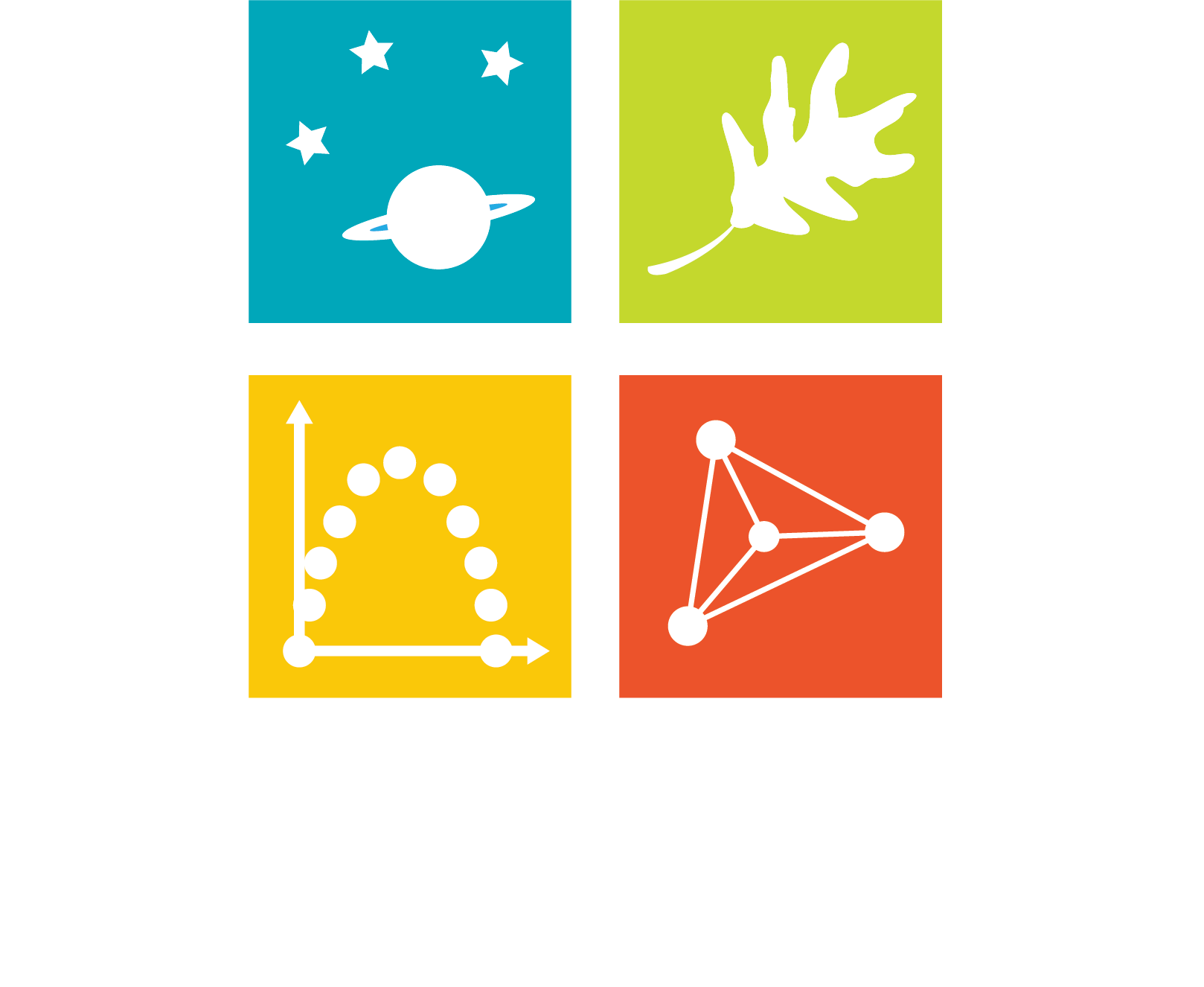The Bachelors of Science in Natural Sciences (BSNS) at Colorado State University is aimed at two audiences:
- Undergraduate students who want to become secondary science teachers.
- Undergraduate students who seek a broad exposure to mathematics and the physical sciences, rather than specialization in one discipline.
It is required that students choose one of the five concentrations that are a part of the BSNS degree:
Secondary Science Education
The science education concentrations provide the scientific subject matter, education classes, and the classroom experience required for secondary (middle or high school) science education licensure in Colorado. All students are required to take introductory courses in biology, chemistry, physics, mathematics, statistics, and Earth science along with upper division in their chosen field in order to satisfy the requirements set forth by the Colorado Department of Education.
In order to complete any of the science education concentrations within this degree, students must apply and be admitted to the teacher licensure program in the Center for Educator Preparation. While there is no limit to the number of students admitted to the program at this time, students must meet these requirements:
- Have taken or be enrolled in EDUC275 and EDUC340 (Phase I classes).
- Have a minimum GPA of 2.75 – which must be maintained in order to student teach and graduate.
- Have grades of C or better in all content and education courses. Courses with D or F grades will need to be retaken before graduating.
- Obtain a letter of recommendation from someone who can attest to your aptitude for teaching.
- Be fingerprinted and pass a background check – this is required by the school districts in order for students to be in the schools.
The licensure program for science education requires the following and students must declare the BSNS degree in order to complete it:
- Phase I classes can be taken without being formally admitted to the program and include EDUC 275 (Schooling in the US) and EDUC 340 (Literacy and the Learner).
- Phase II classes include EDUC 350 and EDUC 386 where students learn about middle school instruction and classroom management.
- Phase III classes include EDUC 450 and EDUC 486 where students learn about high school instruction and classroom management.
- Phase IV classes include EDUC 485B (student teaching) and EDUC 493A (professional seminar) and must be the very last semester. ALL other coursework needs to be completed before student teaching.
- Science Education students DO NOT take EDUC 331 (Technology & Assessment), but instead take a 2-semester science methods class that integrates the information from that class. EDUC 461A (Secondary Science & Technology Education I) can be taken with EDUC350/386 (Phase II) or after, but is a Fall ONLY class. EDUC 461B (Secondary Science & Technology Education II) can be taken with EDUC 450/486 (Phase III) or before, but is a Spring ONLY class.
- The state of Colorado no longer requires students to pass a licensing exam in order to student teach, but some districts and other states still do – check with Juliana Searle in CEP for more information.
Refer to the BSNS Frequently Asked Questions for more information.
Physical Sciences
The Physical Sciences concentration within the BSNS degree is for students wishing to gain a broader background in multiple physical sciences than a single degree would give them. It is great for those going into technical lab careers or are interested in getting a master’s degree in atmospheric sciences. Students complete introductory courses in physics, chemistry, mathematics, statistics and biology before selecting 2 physical science minors to complete the degree. The 2 minors can be any combination of Biochemistry, Chemistry, Computer Science, Geology, Mathematics, Physics or Statistics.
Advising
The key academic advisor for this degree is Courtney Butler (courtney.butler@colostate.edu), Assistant Director at the Natural Sciences Education & Outreach Center.
For the Physical Sciences concentration, students will also have advisors to work with from the departments of the minors they choose.
For the Science Education concentrations, students are also advised by Ben Bongers (ben.bongers@colostate.edu), Academic Support and Educator Preparation Coordinator in the Center for Educator Preparation.
Students can also reach out to the science education faculty advisors in the content departments:
- Biology – Meena Balgopal
- Chemistry – Carlos Olivo-Delgado
- Physics – Marty Gelfand
- Geology – Bill Sanford
Scholarships
BSNS students with the education concentrations can apply for the Noyce Scholarship. The Robert Noyce Teacher Scholarship Program is a National Science Foundation-funded program designed to to recruit and prepare talented STEM (science, technology, engineering, and mathematics) students for a career in middle and high school teaching.



